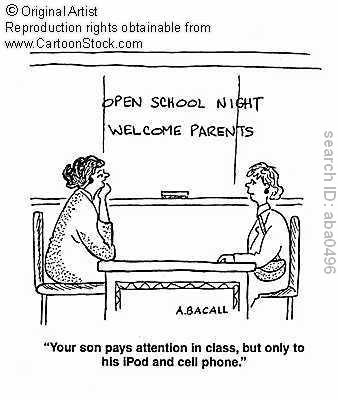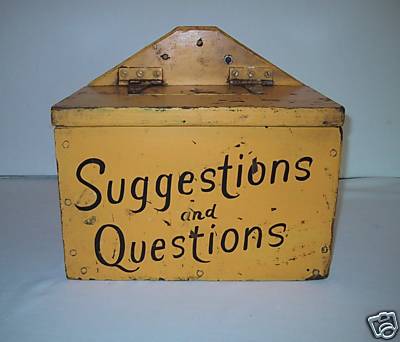Working with Schools: Successful Parent-Teacher Conferences
Although many parents know that working with schools is important, many of us also dread receiving a notice in the mail for a parent-teacher (PT) conference. While it’s certainly rewarding to hear that your child is excelling in math, for example, it’s also tough to sit there and listen to a teacher discuss your child’s behavioral problems or his short attention span. None of us want to hear someone else point out our children’s weak areas, but it’s important to remember that your child’s teacher really does have his best interests in mind.
Even if your school district is embroiled in politics and teacher strikes, teachers chose their profession for a very good reason – to help your child. Just as you receive constructive criticism at your job, use the teacher’s evaluation to improve upon the areas that need a little work. Working with schools in a partnership is critical for a child’s success in school, particularly when the child has a speech disorder or other issue. And remember that PT conferences are a two-way street: you can use the opportunity to instruct the teacher about your child.
How to Prepare
The good news is that preparing for a PT conference isn’t nearly as time-consuming as preparing for an Individualized Education Program (IEP) meeting. First, briefly scan your child’s IEP. Type up a bullet list of its most prominent features. Think of it as a “My Child At a Glance” worksheet. Include your child’s IEP goals, what he struggles with, and what he does well. Include a brief description of your child’s speech disorder (his teacher might not know what apraxia is, for example). As well, include a summary of your child’s interests, which could be used to customize lesson plans. While your child’s teacher should be provided with a copy of the IEP by the school district, this condensed worksheet will help her remember the salient points.
Next, write a list of questions and concerns. You might ask how well your child does following directions, for example, or whether he is eager to speak up in class and answer questions. Above all, ask the teacher how you can best help your child at home. She can guide you through the curriculum and suggest additional activities or books that can help your child learn the material better. You could also share your child’s speech therapy techniques, such as your family’s regular reading schedule or the use of Speech Buddies for articulation practice.
What to Expect
Working with schools successfully also means being a good listener. Expect the teacher to share her observations about your child. She will likely touch on the positive observations, as well as discuss areas that could use a little work. She might provide you with written notes and samples of your child’s classwork. If she is unfamiliar with your child’s speech disorder and his particular needs, expect some questions. Ideally, she’ll also offer you suggestions for helping your child do better in class.
Try to maintain a positive attitude throughout the meeting. Remember that it isn’t about confrontation; it’s about collaboration. Try to leave the meeting with an established action plan. And before you leave, agree to maintain regular communication. Exchange email addresses and phone numbers. You could even schedule the next parent-teacher conference before you leave the first one.
Do’s and Don’t’s
Here’s an at-a-glance cheat sheet for do’s and don’t’s at a parent-teacher conference.
- Do view the teacher’s evaluation as constructive feedback.
- Do come prepared with your own notes, questions, and concerns.
- Do share information about your child’s speech disorder and his particular strengths and needs.
- Do ask the teacher how you can help your child at home this school year.
- Don’t skip the conference altogether – they’re not fun, but a parent-teacher partnership is critical for the child’s success.
- Don’t take an adversarial approach.
- Don’t leave the meeting on a bad note.
- Don’t forget to keep in touch with the teacher regularly throughout the school year.





